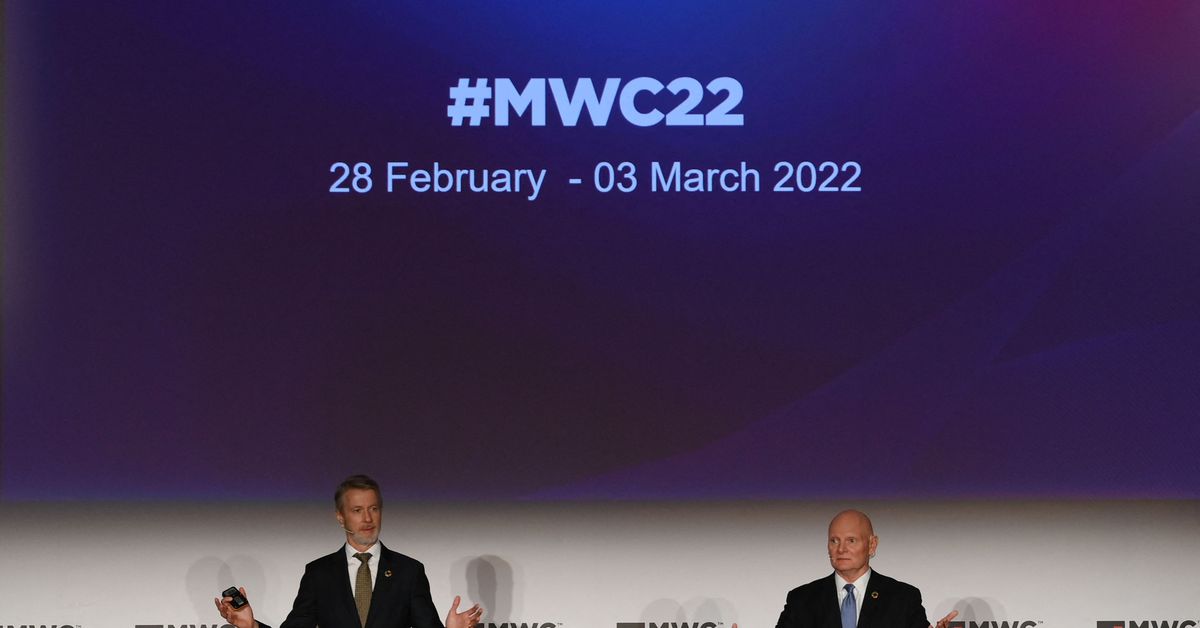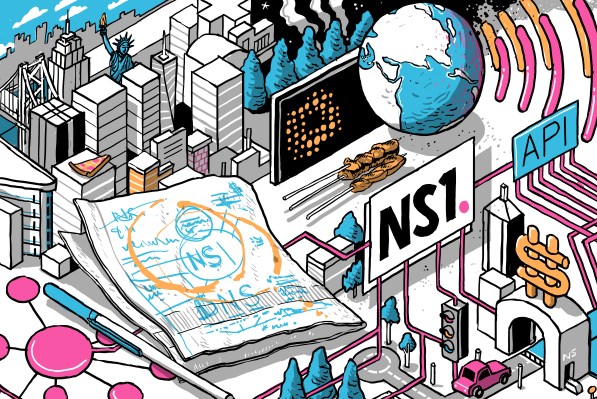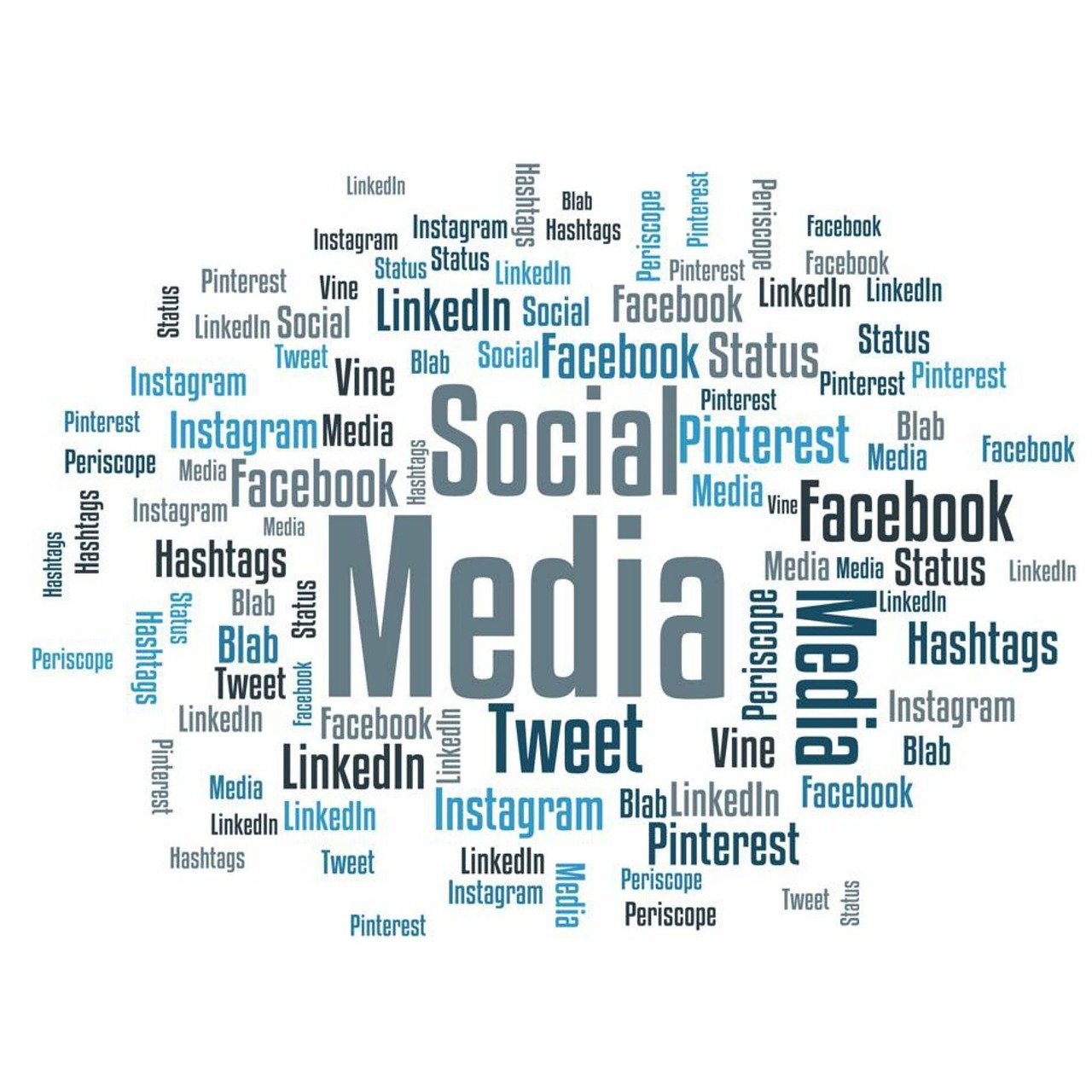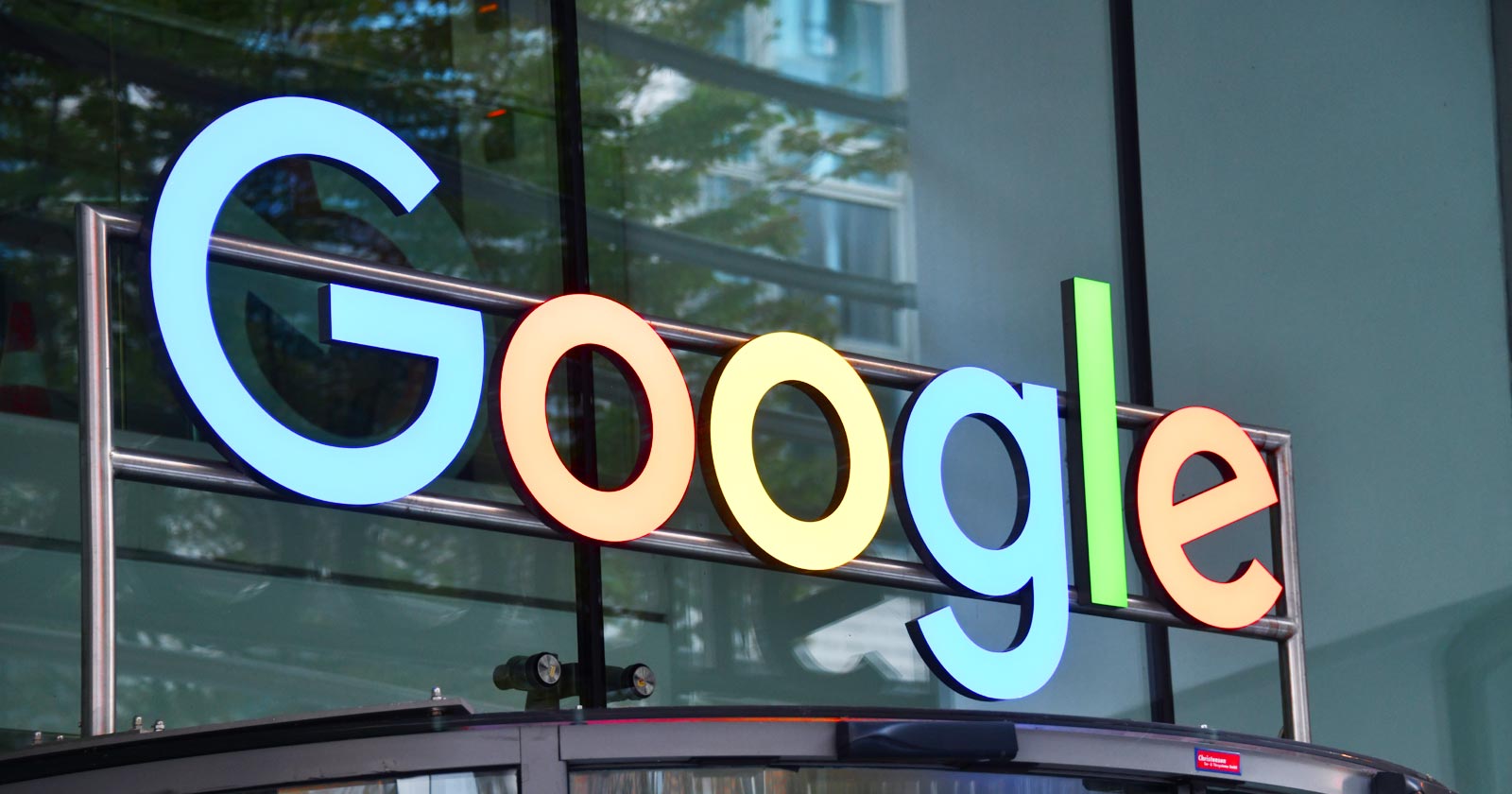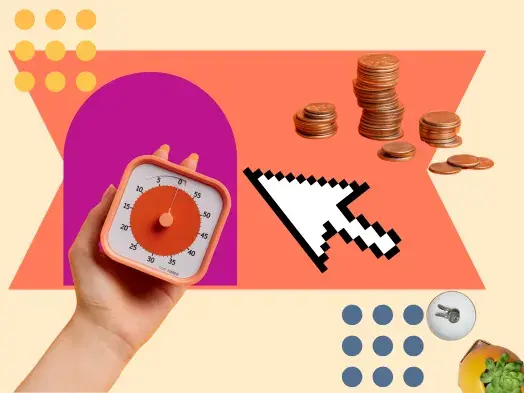Mickey Mouse has left the house: Steamboat Willie enters the public domain
Mickey Mouse (pictured) as seen in 1928’s Steamboat Willie. | Photo by LMPC via Getty ImagesSpecific versions of Mickey Mouse have been released from Disney’s copyright — here’s what the public is doing with them. Continue reading…
/cdn.vox-cdn.com/uploads/chorus_asset/file/25200669/1137227018.jpg)
Filed under:
By Jess Weatherbed, a news writer focused on creative industries, computing, and internet culture. Jess started her career at TechRadar, covering news and hardware reviews.
In the world of copyright, there are few companies that share Disney’s reputation for fiercely protecting how its IP is used. When the company pushed to extend copyright length from 75 years to 95 years back in 1998, the law even became known as the “Mickey Mouse Protection Act” because it prevented the iconic character from entering the public domain.
But that was then — now, as of January 1st, 2024, the earliest versions of the character seen in the 1928 animations Steamboat Willie and Plane Crazy can finally be used and referenced by anyone in the US without Disney’s permission, alongside other characters like an early version of Minnie Mouse and Peg Leg Pete.
Having IP enter the public domain after a reasonable period of profit allows creatives to be inspired by Disney’s work and develop those concepts further — something Disney itself has benefitted from when making fairy-tale adaptations like Snow White and the Seven Dwarfs and Cinderella. That doesn’t mean there aren’t caveats. The later versions of Mickey that were released after 1928 are still under Disney’s thumb, but this is still a significant crack in the tight copyright protections that have helped Disney build itself a billion-dollar entertainment empire.
If Winnie the Pooh set any example when it entered the public domain in 2022, we’re about to see plenty of weirdness as people start creatively playing with the original design for Disney’s cash cow mouse. We’ll drop anything of interest below.
People are already taking advantage of Steamboat Willie entering the public domain.
So far, I’ve seen:
• A couple wholesale reuploads to YouTube (one has more than 200,000 views as of this writing)
• An AI generator trained on 1928 Mickey Mouse
• Whatever this horror game is...
Welcome to the public domain, Mickey Mouse
Disney
It’s finally happened: after nearly a century, Mickey Mouse has slipped off Disney’s copyright leash. The first versions of the iconic cartoon character, seen in Steamboat Willie and a silent version of Plane Crazy, enter the public domain in the US on January 1st, 2024. (An early version of Minnie Mouse is also fortunately included.) There’s still a complicated mess of protections around Mickey, but today is a moment public domain advocates have awaited for decades — and there are plenty of other exciting new entries as well.
Duke Law School’s Center for the Study of the Public Domain, as usual, has a roundup of prominent works whose copyright protections lapse in the US today. The list includes sound recordings from 1923 and works in other media that were published in 1928. Among other things, that covers:
Don’t forget that (this specific version of) Mickey Mouse will soon be ours.
TechDirt published a helpful reminder yesterday that the 1928 “Steamboat Willie” iteration of the Disney character will become the people’s mouse on January 1st, 2024. The article also points to a Duke Center for the Study of the Public Domain guide for using the early design.
You could take a page out of the Winnie-the-Pooh: the Deforested Edition playbook and create “Steamboat Willie: the Climate Change Edition,” in which Mickey’s boat is grounded in a dry riverbed. You could create a feminist remake with Minnie Mouse as the central figure. You could reimagine Mickey and Minnie dedicating themselves to animal welfare.

 UsenB
UsenB 







